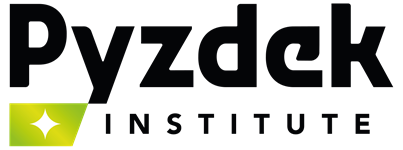Your cart is currently empty!
Navigating Modern Accounting Practices: Embracing Six Sigma and Lean Manufacturing
In a world that’s constantly evolving, some conventional systems risk becoming relics of the past. Accounting methods, for instance, have been grappling to keep pace with advancements in process excellence disciplines like Six Sigma, Lean Manufacturing, and the Theory of Constraints. The result is a potential discord that can hamper the progress of organizations seeking to adopt these modern methodologies.
Traditional Accounting versus Process Excellence
At their core, Six Sigma and Lean Manufacturing view an organization as a mechanism to deliver value to stakeholders via streamlined processes and value streams. On the other hand, traditional accounting methods still focus on individual activities, capital equipment expenditures, and resource allocation as discrete, unrelated expense items. This apparent divergence in perspective can create significant challenges for organizations striving for process excellence.
The Influence of Accounting on Management Decision-Making
The role of middle managers and even senior leaders is crucial in this equation. Typically, their performance is gauged and remunerated based on their ability to deliver “the numbers”. Consequently, they may unintentionally make decisions that suboptimize value streams and processes to meet short-term financial goals.
The Ripple Effect: Undermining Process Excellence
These decisions, influenced by an accounting perspective, can unintentionally thwart the very essence of process excellence, ultimately undermining the benefits that Six Sigma and Lean Manufacturing can deliver.
Redefining Accounting Practices: A Synergistic Approach
A shift towards integrating traditional accounting practices with Six Sigma and Lean principles can help organizations align their financial perspective with their process excellence goals. The key is to foster a more holistic understanding of costs and benefits, one that considers the overall value stream and process flow.
Implications of an Integrated Approach: Enhanced Performance and Value Creation
This integrated approach can lead to better decision-making, increased efficiency, and enhanced value creation, turning accounting from a potential stumbling block into a facilitator of process excellence.
Conclusion:
As the business landscape continues to evolve, it’s imperative that all facets of an organization, including accounting, align with the principles of process excellence methodologies like Six Sigma and Lean Manufacturing. By reconciling the gap between accounting practices and these methodologies, organizations can ensure that their pursuit of process excellence is not only sustained but also meaningfully reflected in their financial performance.

Leave a Reply